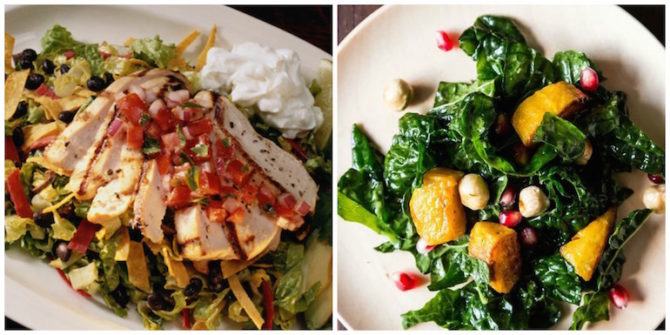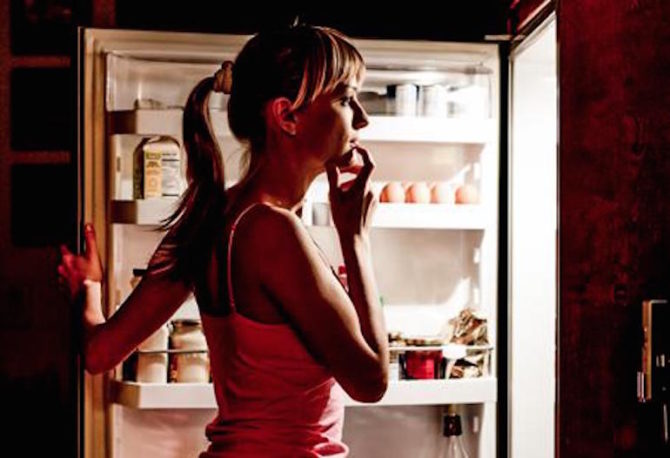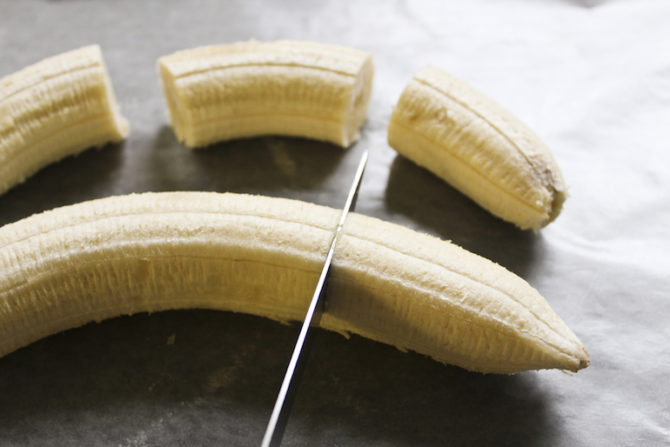Just like how happiness is differently defined by everyone, so is a salad. Okay, it might not be completely appropriate to compare a salad to an abstract concept such as happiness, but they are both subjective topics.
Your idea of a salad may consist of a bowl or ice berg lettuce, bits of bacon, bleu cheese, croutons and creamy ranch dressing. Or, it may be a bowl of mixed greens, slices of almonds, blueberries, and a drizzle of light vinaigrette. While both are technically salads, they aren’t the same–nutritionally.

Photo courtesy of huffingtonpost.com
With all the press about whether eating late at night causes weight gain and what you should or shouldn’t eat at night, it’s important to note that even salads – what we usually think of as the icon of health foods – may not be the best for late-night snacking. It all depends on what your idea of a salad is.

Photo courtesy of bcliving.ca
Some specific foods are known to help you sleep and some foods are known for the opposite and you should stick to these guidelines when building your late-night salad. For example, leafy greens like kale and some fruits like bananas both ultimately help produce melatonin, a sleep-inducing hormone.
On the other hand, fatty foods like bacon or ranch dressing can upset your stomach and keep you from your blissful sleep and make you feel slow in the morning. Also, salads do still have calories and a big portion of it can lead to a lot of unwanted calories so make sure to keep the portions to a reasonable size – it’s a late-night snack, not a late-night meal.

Photo courtesy of Hannah Lin
You know you really shouldn’t eat a grilled cheese or pizza late at night, but eating a salad with bacon, heavy dressing and cheese isn’t all that different. But if your idea of a salad is one with spinach, nuts and a light dressing, there shouldn’t be anything keeping you from a good night’s sleep and a healthy body.


